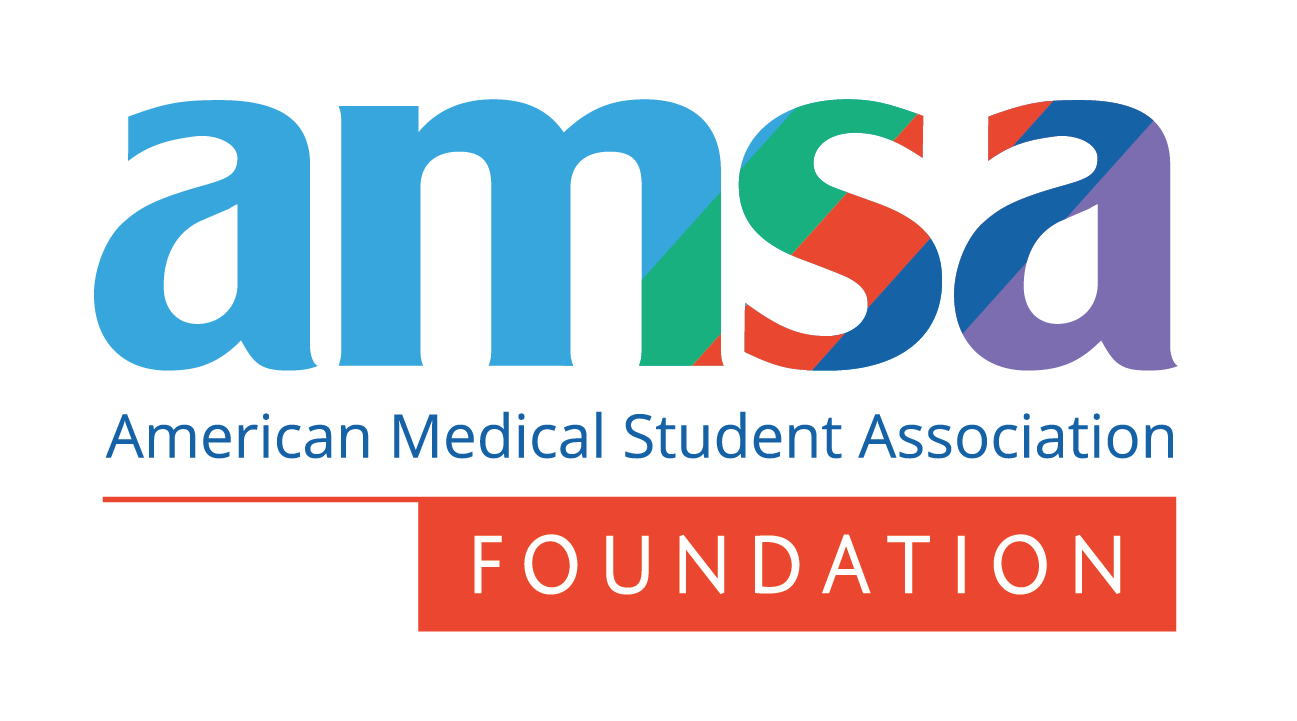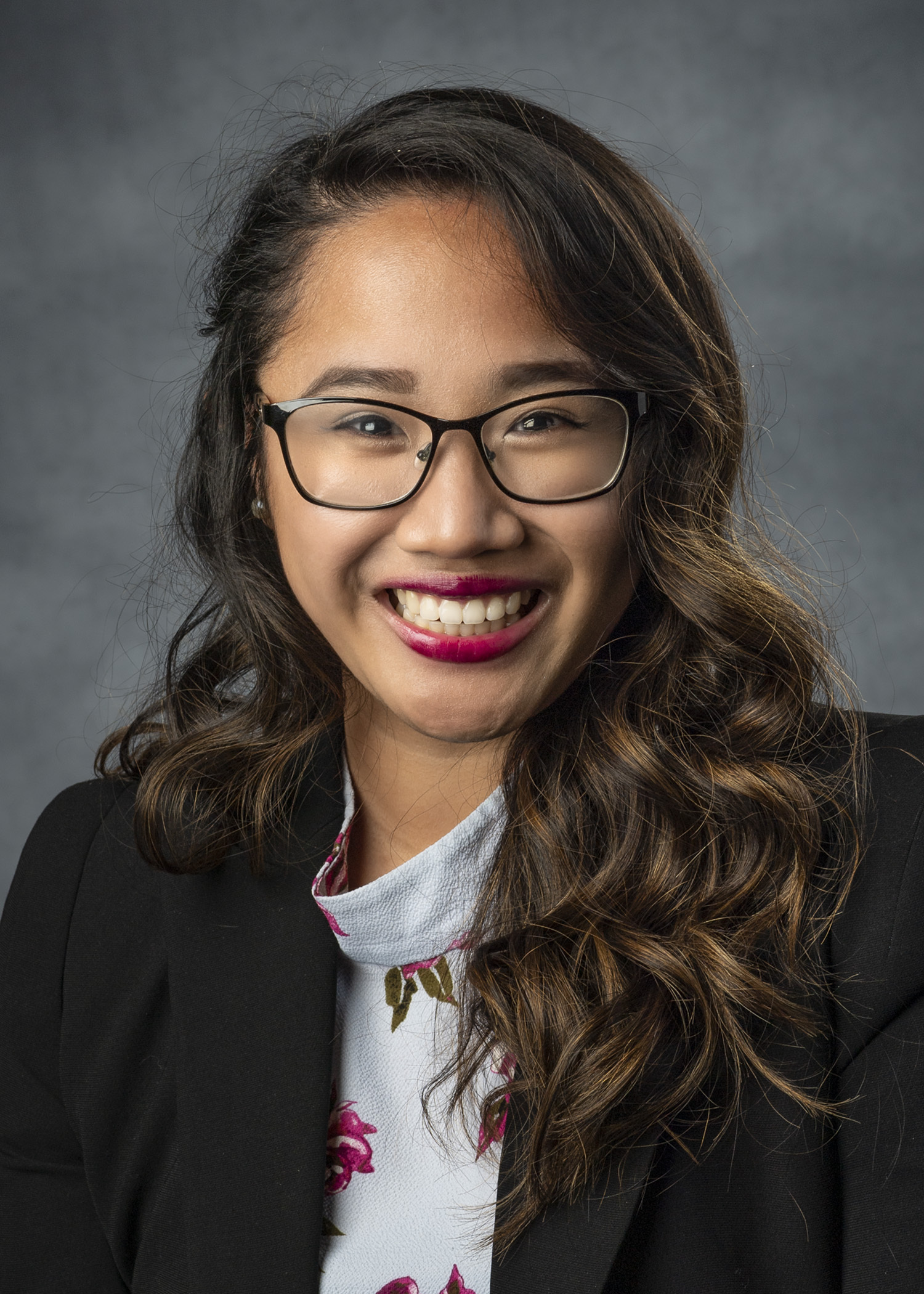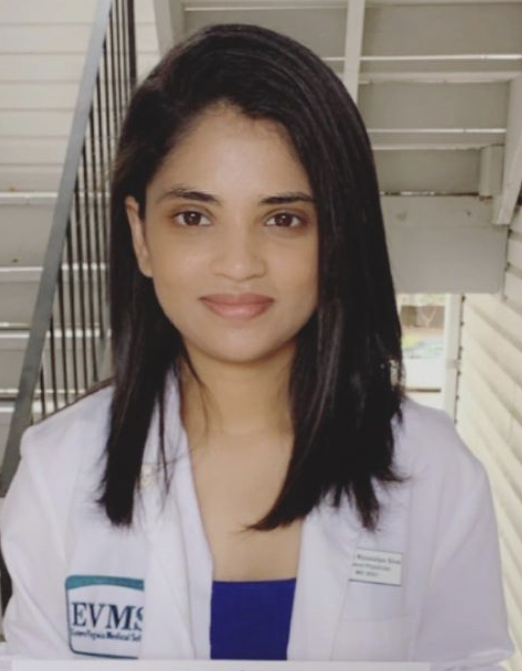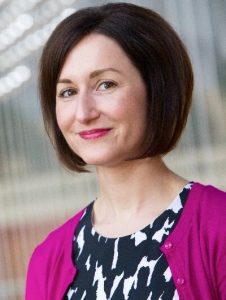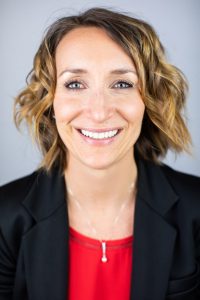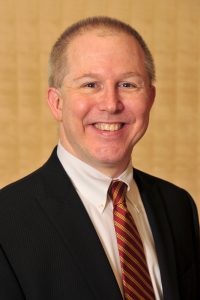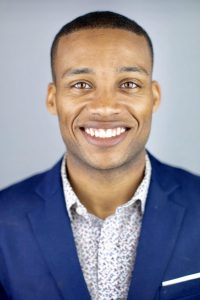Annelise Silva, M.Ed., (she/her) is a fourth-year medical student at Boonshoft School of Medicine (BSOM) at Wright State University. She graduated from Barrett, The Honors College at Arizona State University with a degree in Psychological Science and from Boston University with a master’s in Education (emphasis in curriculum and teaching in science). Annelise joined AMSA as President of the BSOM institutional partnership chapter in 2020 and helped lead an ambitious revamping of the chapter that ultimately resulted in it becoming the most active chapter in the organization. Simultaneously as Vice Chair, Annelise helped with the founding of Young and Empowered Women (Y&E), a non-profit dedicated advocating for gender equity and supporting early career women with professional and personal development. Compelled by AMSA’s unapologetic advocacy for health equity and its rich history in helping transform the face of healthcare through empowering student physician-leaders, she is excited to take her leadership from AMSAxBSOM and Y&E to the national level to continue developing the generation of AMSA changemakers. As a former educator and Teach for America alumna, she is passionate about equitable access to healthcare and the advocacy of diversity in medicine starting from the K-12 range. Additional academic interests include leadership development, neuropsychiatric imaging research, and radiology editorial work. She is thrilled to be applying for Diagnostic Radiology residency in 2025. In her spare time, she loves yoga, cooking, and traveling with her fiancé.
Role: Director
Rohini Kousalya Siva, M.D., M.P.H,, M.S.
Rohini is a 4th year medical student at Eastern Virginia Medical School going into OBGYN or Internal Medicine (Women’s health track). She joined AMSA in 2017 as a Medical Master Pre-Med student and honed her skills in advocacy. She is passionate about women’s health issues and policy ranging from anti-human trafficking efforts to reproductive justice. She has been one of the Co-Chairs for Just Medicine Campaign and is excited to serve as President elect this upcoming year.
She hopes to use this year to get acclimated with the role of President elect, work closely with all the Board Members, and develop her advocacy skills further. She wants to continue working on medical education reform especially in trauma informed care and interventions, reproductive justice, and public health policies.
In her free time, Rohini loves working on her micro art, hiking, and baking.
Christina Kelly, M.D.
Dr. Christina Kelly is a family physician in Fort Bragg, NC, where she is faculty at Womack Army Medical Center Family Medicine Residency and Assistant Professor at the Uniformed Services University of the Health Sciences. She attended John Carroll University in Cleveland, OH for her undergraduate education, where she received a B.S. in Chemistry and Biology. She received her medical degree from the Ohio State University College of Medicine and Public Health. She completed her residency and family medicine-obstetrics fellowship training at Tacoma Family Medicine in Washington.
Dr. Kelly has felt a calling to teach in undergraduate and graduate medical education throughout her entire career. She loves the opportunity to work with students and residents in her faculty and leadership roles. Dr. Kelly believes that all medical students have important opinions that need to be heard, and they are a strong force that can create positive change for patients and the field of medicine.
Dr. Kelly has been involved in organizational leadership since she was a second year medical student, and she has always felt passionate about being an advocate for patients. She is particularly passionate about advocacy, mentorship, physician workforce diversity, creating health equity, student and resident burnout prevention, and GME reform. She served on several American Academy of Family Physicians (AAFP) commissions and held leadership positions in the AAFP as a student, resident and early career physician. Dr. Kelly served as the Family Medicine for America’s Health Workforce Team Leader, and she currently is a member of the AAFP Commission on Education.
Dr. Kelly is married to Dr. Kevin Kelly, a family physician and Lieutenant Colonel in the Army. As an Army wife, Dr. Kelly has the opportunity to live and practice in different parts of the country and broaden her understanding of medicine.
Jamie Thayer Scates
Jamie Thayer Scates serves as Chief Executive Officer (CEO) of the American Medical Student Association (AMSA), the largest, independent student medical association. In this role, Jamie focuses on mapping the vision, strategy, funding and growth plans for the global organization. She heads up partner development with foundations, nonprofits, and social enterprises; builds networks; and coalesces teams.
Spurred by an unwavering belief that change is possible—that healthcare can be reimagined to better serve all people—Jamie brings a special kind of pragmatic idealism to the table. She is quick to see the bigger picture, to push edges and to envision strategies that are both bold and sustainable. Her lead-by-example work ethic is inspiring; AMSA’s governance, staff and partners rise to meet high expectations on timely, relevant and meaningful issues.
During Jamie’s 10 years with AMSA, new partnerships have been crystallized, profits have increased, new revenue streams have been tapped, and the staff is reinvigorated. Her most recent accomplishments include the launch of the Institutional Partnership Program and a significant financial turnaround for the organization.
Outside of AMSA, Jamie serves on the Board of Directors for the Academic Medical Professionals Insurance Risk Retention Group, LLC. For the past three years she has served as a scholarship judge for Phi Theta Kappa’s Spring Scholarship Application competition, which awards nearly $300,000 to more than 250 students. She is a graduate of Seth Kahan’s Visionary Leadership Academy.
When she’s not blazing new paths for AMSA, you can find Jamie advocating for economic, social and environmental justice in other ways—as an involved citizen, curious globe-trotter, training in Brazilian jiu jitsu, supermom to two beautiful children, and wife to an amazing (and, obviously, supportive) husband.
James Slayton, M.D.
James M. (Jim) Slayton has served in many AMSA roles during his career, including National President (1989-1990) and Foundation Board of Directors member and President (2002-2012, 2014-2016). He has been a senior Medical Director with Optum Behavioral Health since 2004 and in serves in a quality improvement oversight position related to potential fraud, waste and abuse in healthcare. He is a former associate residency training director and has continued in a teaching role with the Cambridge Health Alliance and Harvard Medical School. He is a graduate of Brown University, Stanford Medical School and Harvard Business School. He is an avid choral musician and cellist, and is the proud father of three children with his husband, Phillip Hernandez, in Brookline, Massachusetts.
Isaiah Cochran, M.D.
Isaiah A. Cochran, M.D. serves as a key organizational spokesperson for AMSA and active promoter of the organization’s educational programming, advocacy pursuits and membership recruitment and engagement efforts.
In addition to serving as an AMSA board member since 2016, Cochran also has held leadership positions with Refugee Student Alliance and Global Health Initiative.
He earned his medical degree from the Wright State University Boonshoft School of Medicine in Dayton, Ohio. During that time, he engaged in research at Dayton Children’s Hospital to identify incidental brain tumors in otherwise healthy children undergoing routine evaluations for head trauma.
He also investigated if early cognitive markers exist in infants prior to the diagnostic age of 24 months and if they can be utilized to differentiate between males and females with ASD for a study conducted at the Department of Clinical Cognitive Neuroscience at Harvard Medical School.
